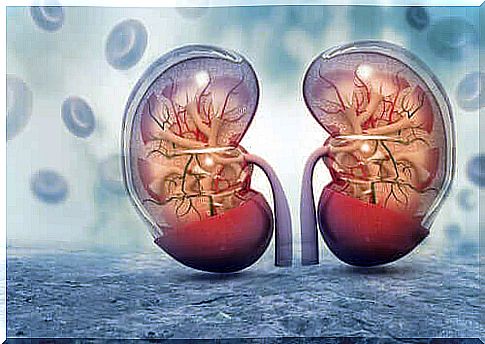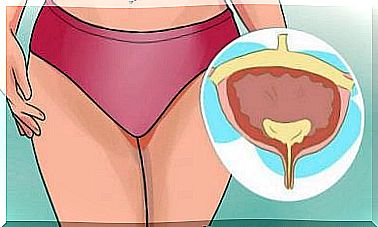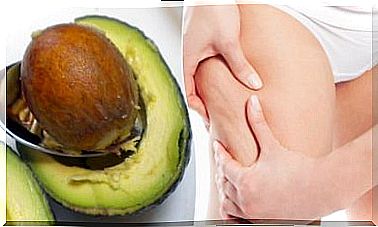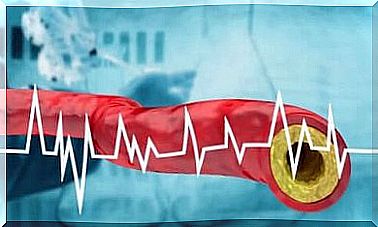Polyuria – Characteristics And Treatments

Polyuria is a medical term that refers to an increase in urine output. An adult is diagnosed if his or her body produces more than three liters of urine per day. For children, it is more than two and a half liters in twenty-four hours.
There are other similar terms that don’t really mean the same thing. Pollakiuria, for example, is when someone has to urinate more than usual, but the total amount of fluid is normal. It is also talked about nocturia or nocturia, which occurs when a person has to interrupt their sleep to urinate at night.
There may be polyuria along with nocturia or polyuria with pollakiuria, but they are not the same. In addition, urine volume may increase without another accompanying signal. Anyway, it’s just a symptom and not a disease in itself. So to find out what the underlying disease is, you need to make a diagnosis.
The amount of urine produced in 24 hours depends on three factors:
- How much fluid enters your body.
- The substances that the body must remove. This is because urine is a mechanism of the human body by which it removes all the elements it does not need. The amount excreted is also a factor.
- Kidney function, because urine is a product of the kidneys and depends on their ability to function properly.
Common Causes of Polyuria
Let’s start with the common causes of polyuria so that we can explain in more detail the diseases that are the most common cause of this symptom later. Some causes are due to everyday events, while others are more persistent:
- Increased Fluid Intake: Obviously, the more fluids you drink in a day, the more your body will have to eliminate. You will be confronted with temporary, benign polyuria.
- Increased salt consumption: Salt is a substance that ‘entrains’ water, that is, it absorbs the body’s fluids and takes it to the kidneys so that they can expel it from the body. When a person consumes salty foods, he or she can expect an increase in urine volume. This is also a temporary form of polyuria.
- Urinary-stimulating drinks: Certain liquids such as beer, teas, and caffeine can increase urine volume.
- Cold environment: when the environment is cold, the body registers this and this leads to vasoconstriction. This means that the diameter of the arteries in the body decreases. Due to the narrowing of the blood vessels, there is less room for the blood, so the only way to get rid of excess fluid is to increase the production of urine.
- Use of diuretics: In some pathologies, doctors prescribe diuretics, such as furosemide or hydrochlorothiazide. These drugs increase urine volume and lead to polyuria. It is a common side effect.

Specific diseases leading to polyuria
Having described the causes, we will now list four diseases in which polyuria is a common symptom. Medical monitoring is very important in these diseases as polyuria can be a huge problem.
Although polyuria is another symptom in the context of these pathologies, when it gets out of hand, it causes additional problems. Still, the main goal will always be to treat the underlying disease.
Diabetes
This is one of the most common causes (link in Spanish) of polyuria, when we talk about diseases. It is common for the trinity of polyuria, polydipsia (increased thirst), and polyphagia (increased appetite) to be the first warning signs of this condition.
Polyuria responds to the body’s need to get rid of excess glucose, depending on the diabetic condition. Because there is so much sugar circulating in the blood, the only way for the sugar to get away is to excrete it through the urine, increasing production. Hence the classic appearance of polyuria in these patients.
Heart failure
The heart cannot pump the required amount of blood throughout the body. Thus, the organ becomes inadequate because it does not have enough strength to perform the contractions.
It is common for people with heart failure to have polyuria, because the circulatory failure leads to the accumulation of fluid. The body thus removes the excess fluid through the urine, which often also increases in volume at night.

Arterial hypertension
People with hypertension show an increase in the amount of urine when they are not on medication or when their disease is not well controlled. Sometimes polyuria is the only sign of the presence of a silent condition such as high blood pressure.
High blood pressure levels affect kidney function and change the way a body filters blood and produces urine. So it increases production. In addition, there is also involvement of mechanisms similar to those of heart failure.
Polyuria and renal insufficiency
In general, in this context, there are not many people with renal failure, but the pathology is quite serious. In these cases, the kidneys are not adequate because they cannot properly filter the blood for proper urine production.
When there is such poor filtration, the body loses not only the substances that need to get out of the body, but also the useful substances, such as water.
Renal insufficiency can be a final and complicated stage of other pathologies, such as diabetes, or it can be the result of poorly treated infections, autoimmune attacks of the organism and even malignant tumors.
Conclusion
Polyuria is a symptom that deserves attention. However, if you’ve eaten salty foods or been exposed to cold temperatures, you have nothing to worry about. Then just wait for it to disappear on its own. However, if it persists, you should see your doctor.
Medical professionals will perform the necessary examinations they need to diagnose and determine the cause of the polyuria problem. Once they find the cause, they will determine the treatment.









